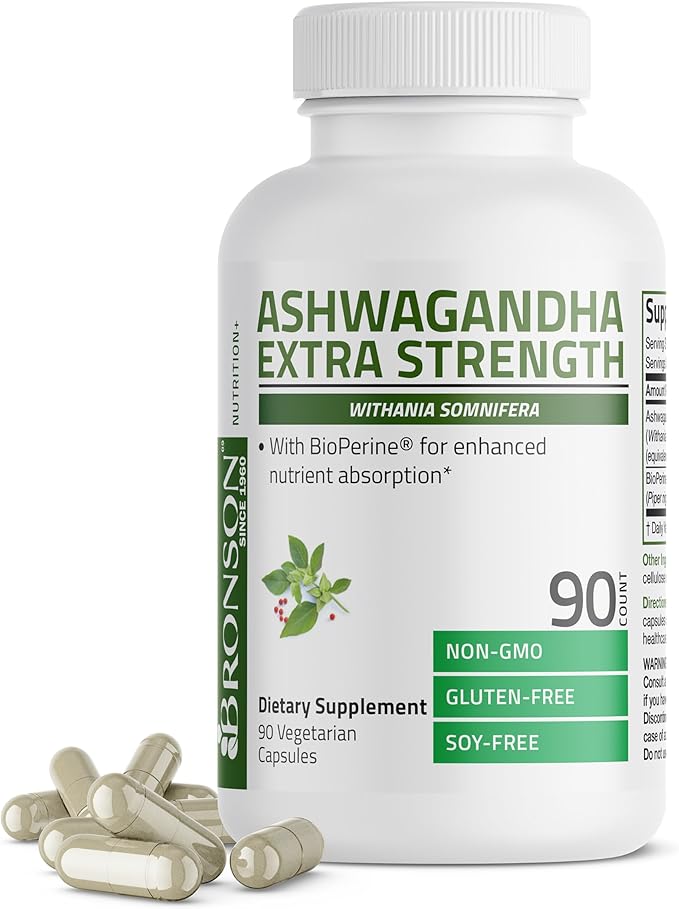Can you take Alpha Linolenic Acid and B-12 Methylcobalamin together?
Interaction Details
Taking Alpha Linolenic Acid and B-12 Methylcobalamin together has the potential for good synergy, suggesting a rating of 4 out of 5.
Alpha Linolenic Acid (ALA), an omega-3 fatty acid, and B-12 Methylcobalamin, a form of vitamin B12, can work together in the body to support heart health and energy production. ALA is involved in the reduction of inflammation and supports heart health by improving lipid profiles. Vitamin B12, on the other hand, plays a crucial role in energy production and the metabolism of fatty acids. The synergy between ALA and B-12 Methylcobalamin can be seen in their complementary roles in the metabolic pathways. ALA can help in the conversion of certain nutrients and support the integrity of neurons, while B-12 Methylcobalamin supports the synthesis of methionine from homocysteine, a process that also impacts cardiovascular health. By taking them together, the potential exists for enhanced cardiovascular benefits and improved energy metabolism, as their pathways intersect in supporting overall metabolic health.
Potential Benefits
Potential Risks
Alpha Linolenic Acid
Alpha-Linolenic Acid (ALA) is an omega-3 fatty acid found in plant-based foods such as flaxseeds and walnuts. It is considered an essential fatty acid because the human body cannot produce it on its own.
Some benefits of ALA include supporting heart health and reducing inflammation.
B-12 Methylcobalamin
Methylcobalamin is a form of vitamin B12 used by the body to process fats, carbohydrates, and proteins. It plays a crucial role in the production of red blood cells and maintenance of the nervous system.
